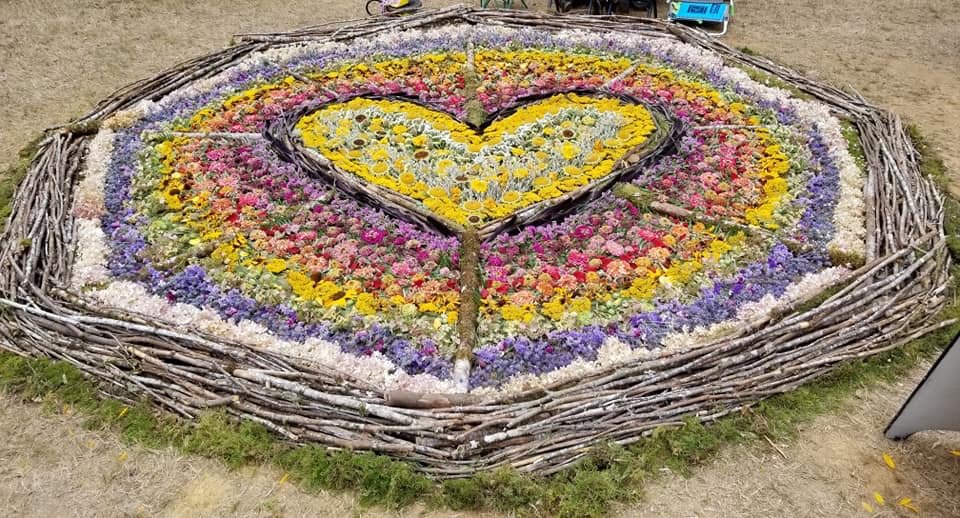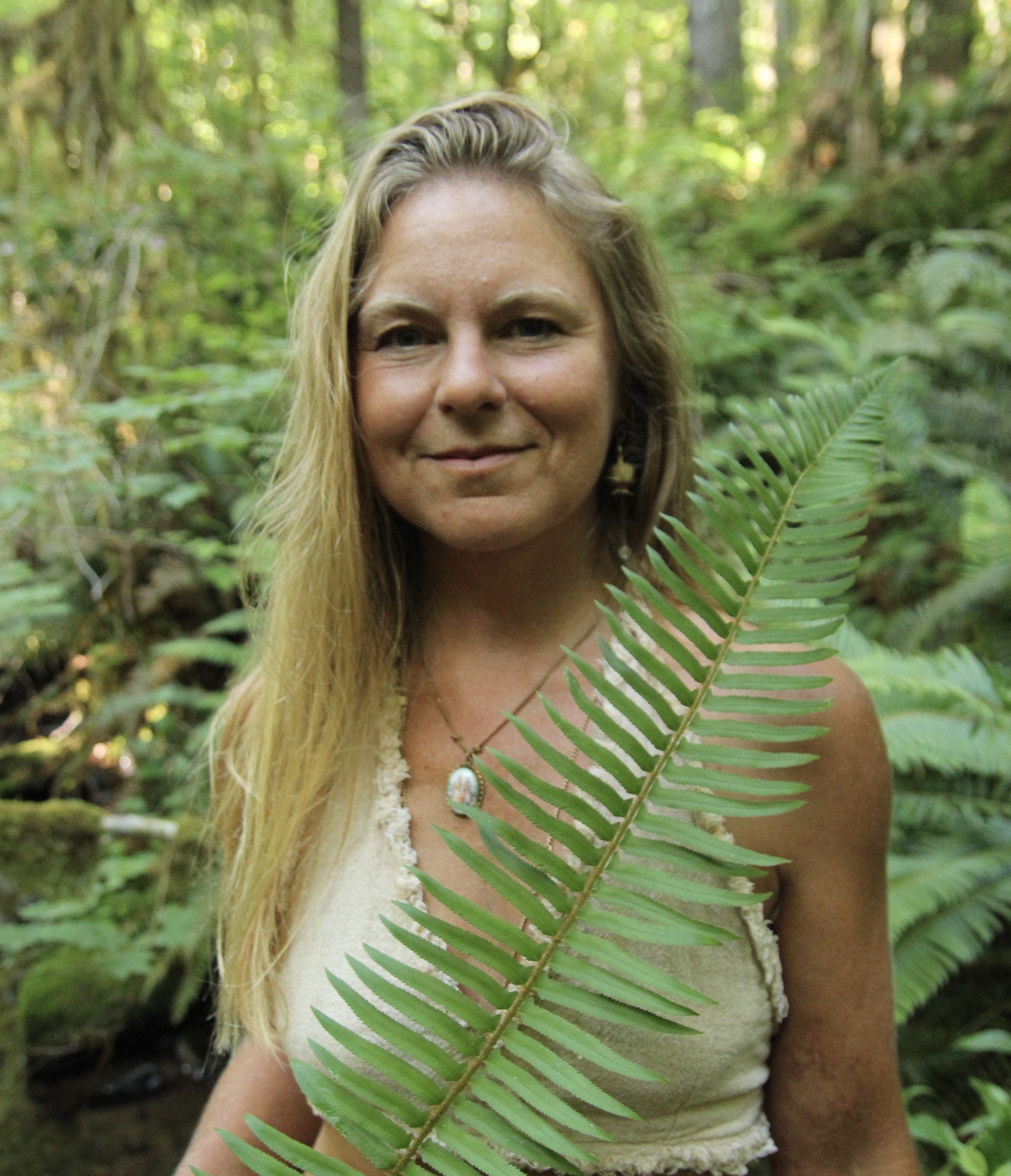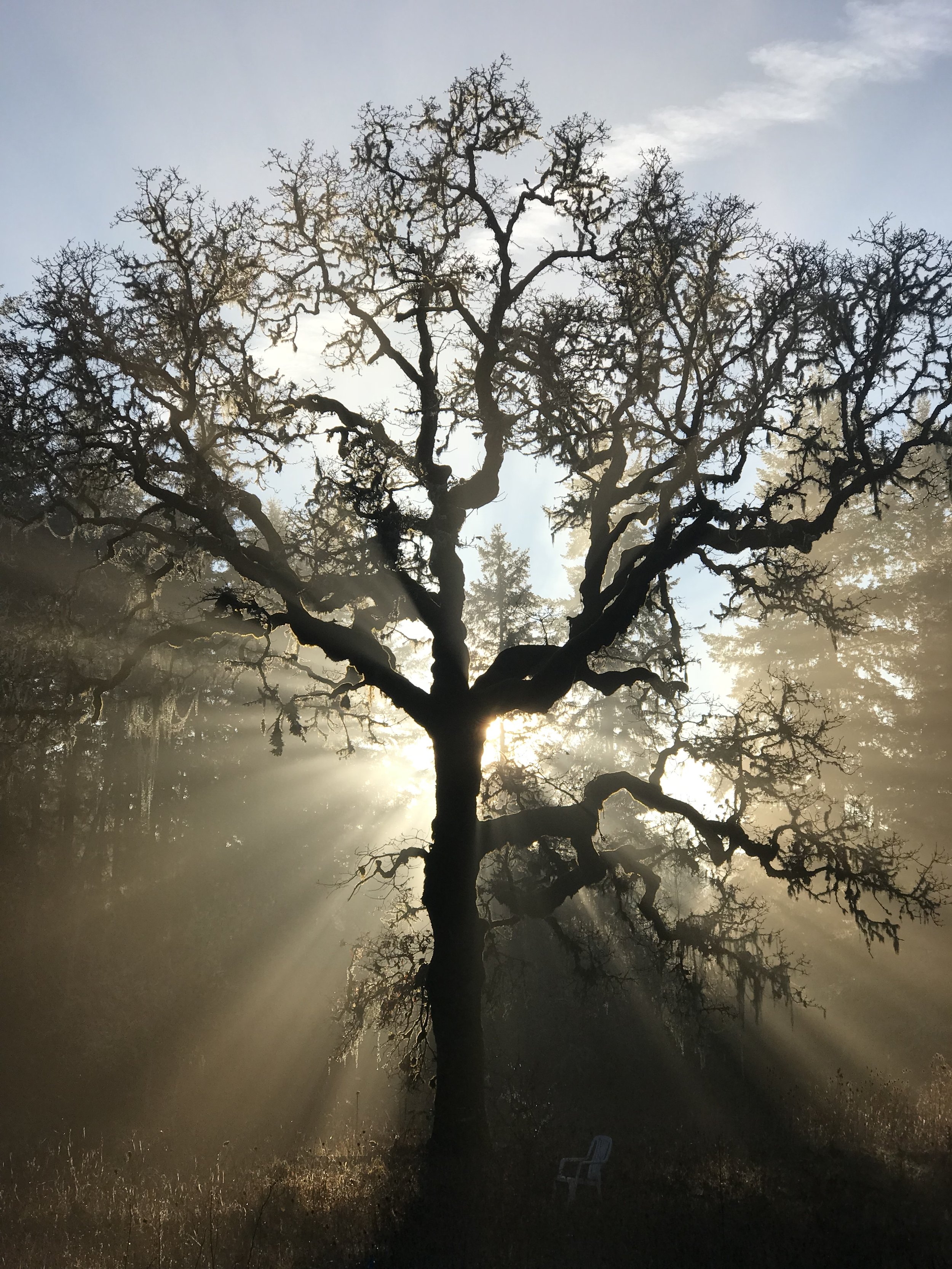Upcoming Rituals:
Weekend Ritual w/ Laurence Cole & friends April 17-19 FULL
Song Circle w/ Laurence Cole
Thursday April 16th in Corvallis 6-8pm
Upcoming Rituals in Corvallis:
On a Pause- Next Ritual to be Determined
~~~~~~~~~~~~~~~~~~~~~~~~~~~~~~~~~~~~~~~
The Many Benefits of Community Grief Rituals:
There's so much power to shift what's been stuck when we really feel our grief, without pretense or distraction. Sobbing, keening, raging...
Grief ritual is a chance to express your deepest sorrow and pain with the witness of a trusting community, so you can somatically shift the grief you've been carrying and no longer keep it frozen inside of our bodies, keeping us from shining our light.
Grief rituals also serve as a way to honor the griefs we carry, whatever they may be. It may be a beloved person or animal you have lost, other losses you have experienced, love you did not receive, ancestral grief, the ongoing harm to planet on which we live, the multi-faceted harm of systemic oppression, or the harm you may have done to others as an individual or collectively, like the harms of colonialism, white supremacy, or human supremacy.
"Grieving is a way to say yes to life. When we grieve, we let out the toxins, so that we can embrace life again. When we don’t grieve, our creativity becomes dim or almost nonexistent.
But when we grieve, especially when we grieve together as a community, there’s almost a like magic that happens in the dance of the community and the individual, where the gift begins to flow, and the people can begin to drink from the Well of this gift so that they can begin to heal together and know the value of what we’re bringing."
FROM- Sobunfu Somé, The Spirit of Intimacy: Ancient African Teachings in the Ways of Relationships
We all carry grief.
Community grief rituals are a supportive environment where people come together to share grief, knowing that we are not alone in our pain.
Your grief is Beautiful.
Grief rituals allow for expression of emotions in a safe and non-judgmental space. This emotional release can be cathartic and help people process individual & collective grief.
Yes, all of it.
We will create a specific and safer container where people can openly cry, scream, or express their feelings in ways that may not be as readily accepted in other settings.
Closure & Acceptance
Through the collective support and shared experiences, people can find solace, strength, and a renewed sense of hope and joy. Grief work empowers more empathy.
Inter-generational Healing
This ritual is rooted in the teachings of Sobonfu Somé and Malidoma Somé of the the Dagara people in Burkina Faso, Africa (whose elders and ancestors insisted they bring grief ritual to the West). It is also inspired by mentors Francis Weller & Laurance Cole, amongst many other NW grief tenders.
Fostering Community
Witnessing others in their grief allows us to deeply know that we are not alone. It fosters a sense of belonging and connection within the community, as we release anger, blame, shame, and sorrow in our tears.
“We need to clear the pipes of grief to let joy flow.” Sobonofu Some
Heartfelt Guidance
We have been taught to grieve alone in Western society. Having a deep embodied experience of being in grief with others present is potent and it’s different from just talking through it. Keening, raging, and sobbing are all welcome here.
Warm Welcome
We incorporate singing, brief writing exercises, grief education, honor to and requests for support from our ancestors, and a chance to be witnessed during the deep grief ritual portion. These elements can bring comfort, meaning, and a sense of continuity to your grieving process.
Groups Synergy
Ritual is an opportunity to connect to something larger than ourselves, whatever that means to you.
In Community Grief work, the ritual is simply time and space to mourn together, with the support of other participants, who are singing. (And don’t worry if you’re not comfortable singing)
Alison Roffman, LCSW
Alison (she/her) is a somatic therapist in private practice living in Corvallis, Oregon, on the traditional homelands of the Ampinefu Band of Kalapuya. After completing her masters in social work in 2019, she worked for Lumina Hospice for 3 years supporting patients and their families in end of life transitions. She also co-facilitated grief groups for individuals and families.
This opportunity increased Alison’s capacity to hold space and be with the hard and uncomfortable. Alison started her own private practice 4 years ago and completed further training in somatic therapies, including Internal Family Systems (IFS/parts work) and EMDR. After reading Francis Weller’s book “The Wild Edge of Sorrow,” Alison attended her first grief ritual and left feeling inspired to learn this powerful gift in order to be able to offer it to her clients and local communities. Alison began attending numerous grief rituals and weekend immersions while completing a 6 month grief facilitator training with Francis Weller. She went on to mentor with Laurance Cole, Therese Chavet and Mary Hart. Alison has her own personal journey with grief and finds it healing to gather together to grieve in community.
Here is Alison Roffman website for grief counseling & private therapy.
Who We Are
FACILITATORS
Kjersten Hallin, songstress
Kjersten (she/they) weaves community singing and beauty activism within Champinefu (aka Corvallis) and throughout Willamette Valley, Oregon. Devoted to Beauty, both as a sacred witness and as a gift to the world, Kjersten creates art, music, ceremony, and both personal and community rituals of all kinds: as Magic Mama, Eco-edutainer, sharing a musical message of love and living in reciprocity; as Co-Creatrix of Cascadia Song Rise, an emergent song gathering that nurtures belonging and interdependence; as a Grief Tender and Ritualist.
Kjersten’s pathway into Community Grief began with the teachings of Malidoma and Sobonfu Some in the early 2000’s in Minnesota, while immersed in a women’s initiation apprenticeship. One of the facilitators was simultaneously studying divinations with Malidoma and conveyed the teachings after each encounter. Then Sobonfu opened the door to Grief Ritual as collective healing practice! Kjersten has connected with Laurence Cole then Ahlay Blakely - singing in the choir for her WAIL album & has immersed in deep dive grief rituals with Laurence, Ahlay and Shireen Amini. She also has been influenced by the work of Francis Weller.
Why We Love
Grief Rituals
We offer community grief ritual with the intention of mending the various rifts and tears that humans incur along the way, individually and systemically. Our intention is that this space be as nourishing and easeful as possible for this vulnerable and challenging work.
It is our belief that intentional grieving is desperately needed in these times, for our own hearts and the collective. Grief work is essential for the shifts needed for global equity and justice, and for each person’s unique gifts to be received.
Holding Complexity
We would like to name that we’ve adapted the Dagara grief ritual to this time and place. We have worked to preserve the spirit in which it was shared with the West. As white-bodied women with European ancestry, we have worked to avoid cultural appropriation, to make sure our use of this African technology, is done with care and a meaningful energy exchange.
10% of the net profits from this ritual help build wells and provide clean water to the Dagara Empowerment Water Project, continuing Sobunfu’s support there. https://support.thesonderproject.org/fundraiser/4625276
Sobunfu shared a saying that "when you borrow a pot, it’s best to give it back full."
It is our hope that people of all backgrounds will honor and benefit from this space with their presence. We want to name that we are aware it can be challenging for bodies of the global majority to feel safe in a space facilitated by white-bodied people. Same goes for transfolks in a cisgender held container. Grisha is bisexual and neurodivergent. Alison is straight and neurotypical. Both of us are cisgender and able-bodied.
Thank you for your trust. ❤️
Grief is part of being human, and we aren't meant to do this alone.
Keep in Touch
We only send out emails to announce our next ritual date and include the registration link.
Sign up for updates on the latest offerings in 2025












